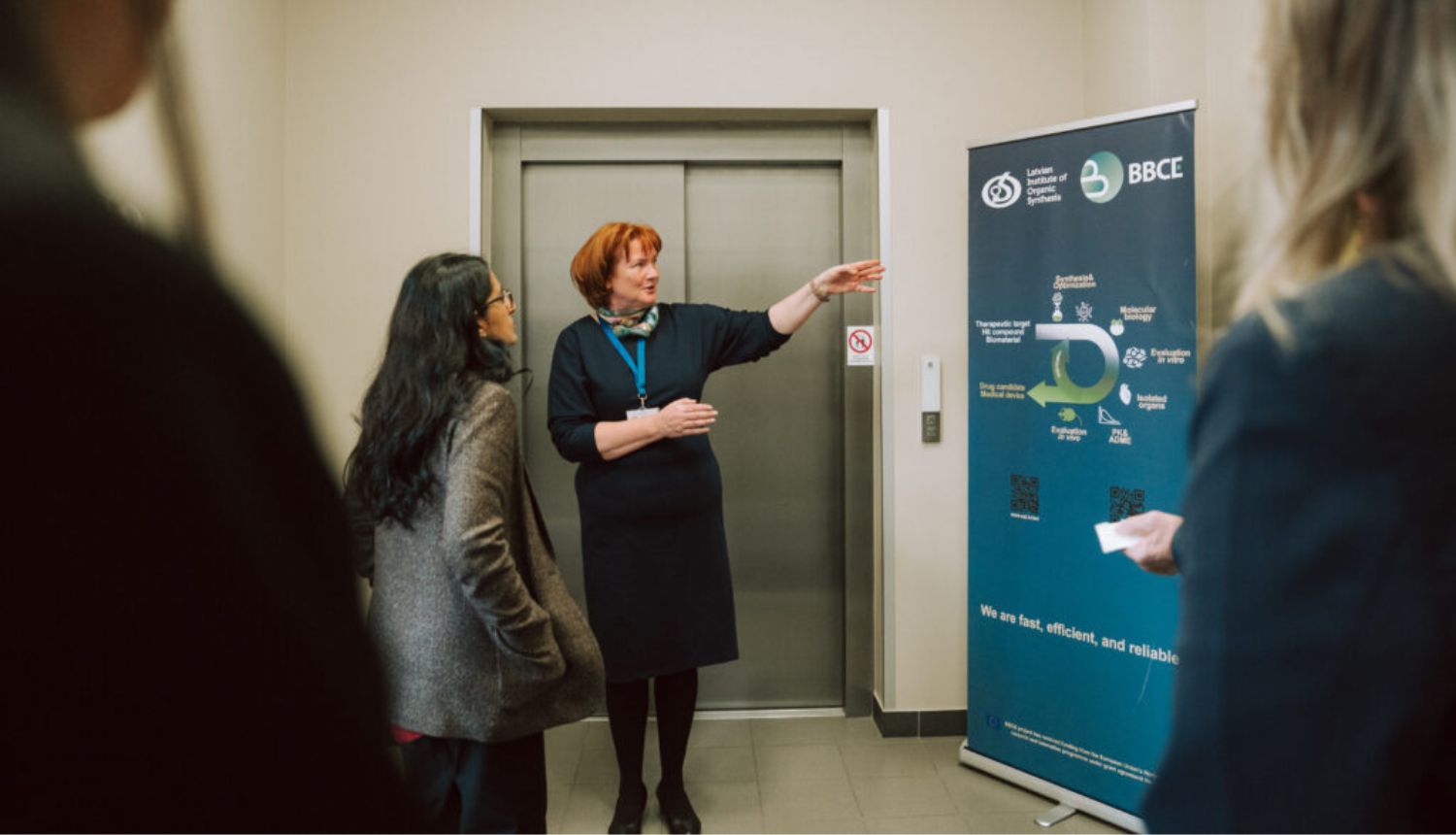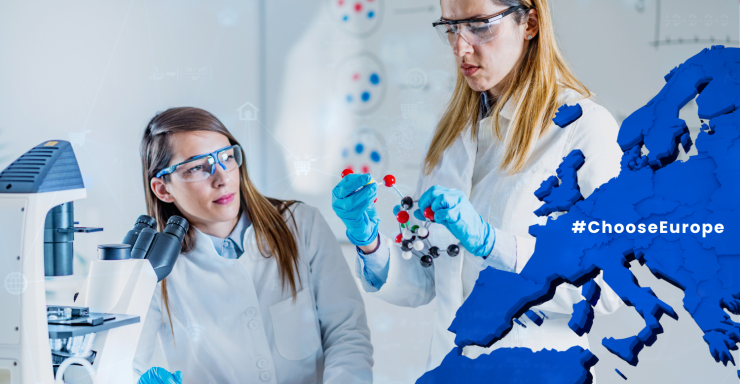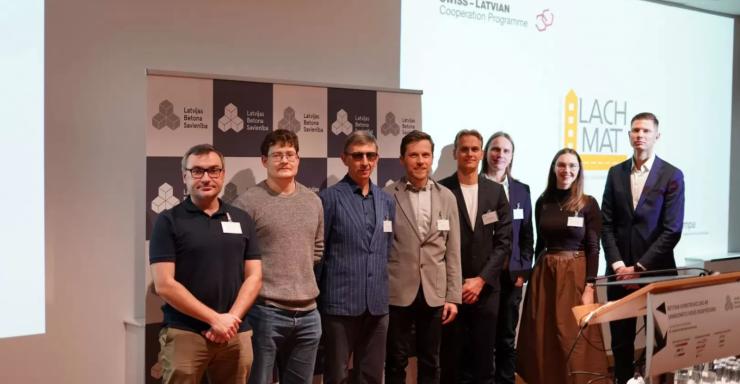The June 2025 issue of the European IP Helpdesk Bulletin features an in-depth interview with Maija Dambrova, Head of the Laboratory of Pharmaceutical Pharmacology at the Latvian Institute of Organic Synthesis (LIOS) and Professor at Rīga Stradiņš University. In the interview, Maija shares her insights on how to successfully connect the academic environment with the needs of industry, as well as the role of technology transfer, innovation, and collaboration in ensuring the sustainability of science. She is a striking example of how interdisciplinary education, international experience, and an understanding of entrepreneurship can drive positive change in research and innovation.
Between Research and Leadership
Maija Dambrova has a unique educational and professional background — she holds degrees in chemistry, biology, pharmaceutical biosciences, as well as a master’s degree in business administration. This combination allows her to act as a “translator” between scientists and entrepreneurs, understanding both the logic of fundamental science and the needs of business.
Technology Transfer as a Bridge to the Real World
As a leading expert in the European project Alliance for Life and a partner of the Baltic Biomaterials Centre of Excellence, Maija Dambrova highlights the importance of technology transfer and interdisciplinary cooperation. She has also been actively involved in the development of the Code of Practice, which focuses on the role of intermediaries between science and industry. “Technology transfer begins with the existence of the technology itself — an innovative, practically applicable scientific result,” she states, emphasising the importance of commercialising ideas from the earliest stages of research.
Academia and Industry – Different Languages
One of the challenges in collaboration between academia and industry, according to Dambrova, is their differing communication styles. “Scientists often begin with the details and arrive at conclusions at the end, whereas industry representatives want a clear ‘yes’ or ‘no’ at the start,” she explains. That is why people who can translate scientific research into language understandable to business – and vice versa – are crucial.
Reputation – The Key Currency in Collaboration
Dambrova stresses that long-term collaboration with industry is only possible with trust. In the case of LIOS, a third of the budget comes from industry projects, and 75% of collaboration partners have been working with the institute for more than five years. She also cites the example of LIOS’s spin-off company PrintyMed as a success story demonstrating how academic research can evolve into a commercially viable enterprise.
Balancing Fundamental and Applied Research
In the interview, Dambrova emphasises that the development of science must also be aligned with societal needs. Therefore, it is essential to listen to the experiences of patients, end users, and industry representatives. “You can’t survive on publications alone. You must be able to create solutions for real life,” the scientist stresses.
Looking Ahead: More Collaboration, More Intermediaries
As a future challenge, Dambrova also points to the involvement of artificial intelligence in intellectual property matters and the need for individuals who can translate EU regulatory documents into language understandable for researchers. “Not everyone in the lab knows what freedom to operate means — and this lack of knowledge could cost the institute the opportunity to make use of its invention,” she says, underlining the need for technology transfer specialists in every research institute.
The full article is available in the European IP Helpdesk Bulletin: European IP Helpdesk Bulletin / June 2025, Insights: Code of Practice on Industry-Academia Co-creation for Knowledge Valorisation – European Commission


